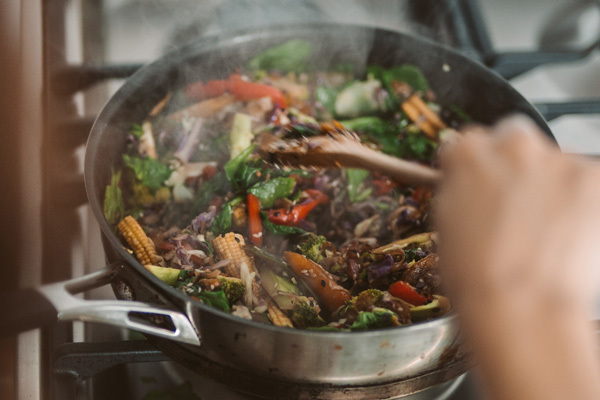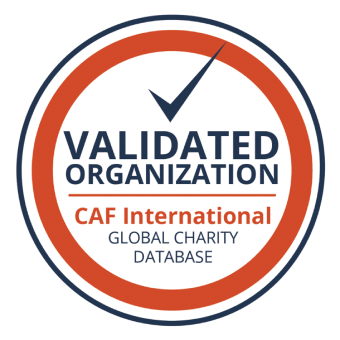For many years people have followed the neutropenic diet to help reduce the presence of bacteria in their diet. In this diet, one generally limits the intake of fresh fruits, fresh vegetables, raw or undercooked meats and fish, and soft cheese made from unpasteurized milk. The neutropenic diet has been suggested for people who are undergoing cancer treatment and those with weakened immune systems – as they have a low white blood cell (Neutrophiles) count and are more likely to develop bacterial infections.
Pros of Neutropenic Diet:
Research has shown that the potential foodborne microbes are found in fresh fruits, raw vegetables and uncooked foods which can serve as the ground for bacterial growth in the gut. Hence cooking meals can reduce the risk as they act as a site of infection. Also among patients with cancer, it reduces the risk infection and complications like enterocolitis and mucositis.
Cons of Neutropenic Diet:
There is still a dearth of information on how effective neutropenic diets are against infections. A study, which compared the rates of infection among cancer patients who were on a neutropenic and unrestricted diet showed that there was not much of a difference in reducing infections. Besides, it requires effort and extensive support from the family.
A Few Safety Guidelines:
- Cook before you eat: Make sure you don’t eat anything raw, undercooked, unsealed, or not prepared in the right way.
- Cool it down: Refrigerate or freeze meat, poultry, eggs, seafood, and other perishables within 2 hours of cooking or purchasing.
- Mind the ornaments: We all love wearing ornaments such as bangles and rings, but it may not be the best idea to do so while cooking. It’s best to keep them aside while kneading dough or preparing any food in which you may need to use your bare hands.
- Separate the meat and veggies: Always separate your meat and vegetables, use different chopping boards and storage spaces. Uncooked meat will leave bacteria on everything it touches, including your cutting boards, utensils and your own hands.
- Always read the labels: The expiration date is the date up to which the food maintains its microbiological and physical stability, and the nutrient content declared on the label. That means it’s important to use that food before the expiry date to get the most nutritional value from it.
- Keep a check on the temperature: Cooking food at the right temperature can reduce the risk of bacterial invasion. Eg; Cooking egg yolks till the white is firm. When cooking in a microwave oven, cover food, stir, and rotate for even cooking.
- Wash your hands: Let’s not regret what we eat. Washing hands before handling any food, and washing the lids of canned foods before use is essential.
- Scrub the utensils: Always use hot water to wash your utensils, chopping boards, and countertops. Also, scrub them well.
- A clean kitchen matters: Always choose a clean paper towel to clean your kitchen top.
Which Foods to Include?
- Cereals, Pulses and Veggies: All cereals, pulses, and vegetables in cooked form can be included in your diet without hesitation.
- Dairy Products: All dairy products can be consumed but keeping in mind that they are pasteurized as per regulations.
- Desserts: Good news for all those out there with a sweet tooth, homemade desserts are big yes!
- Thick Skinned Fruits: Thick-skinned fruits such as watermelon, muskmelon, apple, raw bananas, thin-skinned fruits such as kiwi, oranges, and irregular surface fruits are to be washed in cold water and peeled by a nurse or family members before eating.
Before starting out with a neutropenic diet, it is important to consult with a doctor or a dietitian. Along with healthy food practices, it is also important for people with weakened immune systems to avoid unclean areas in general and stay away from crowded places at all times.
Hema Iyer
Paediatric Nutritionist
Cuddles Foundation





